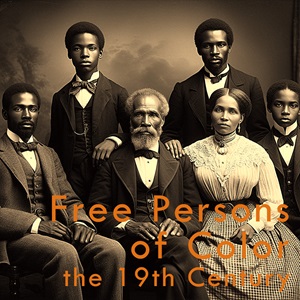
Central Pennsylvania's journey
from enslavement to freedom
“I did my best; it wasn’t much. I couldn’t feel, so I learned to touch.
I told the truth, I didn’t come to fool you
And even though it all went wrong, I’ll stand before the Lord of song With nothing on my lips but Hallelujah!.” —Leonard Cohen, "Hallelujah", performed by Kate McKinnon, 12 November 2016.
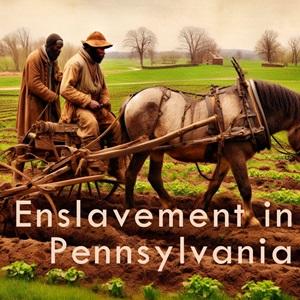
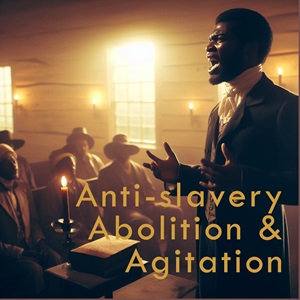
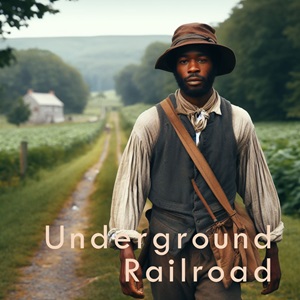
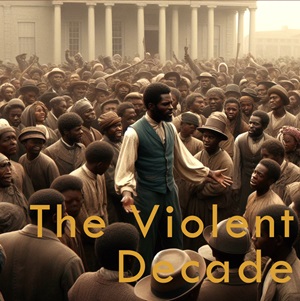
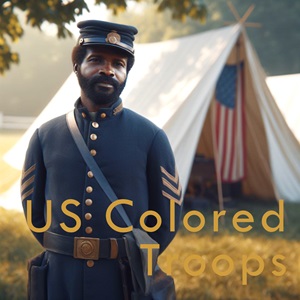
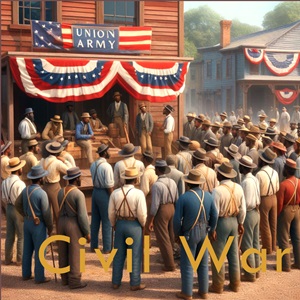
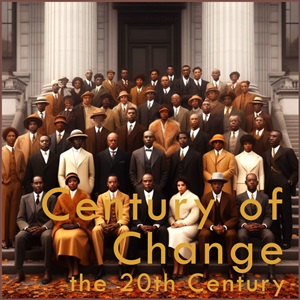
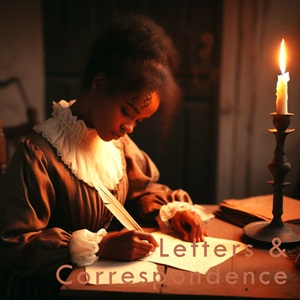
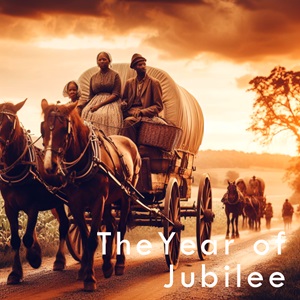

Year of Jubilee back in print
The Afrolumens Project book, The Year of Jubilee (2 volumes), is back in print and available on Amazon. Updated with new covers, the volumes are at the links below.
The Year of Jubilee: Men of God, available here
The Year of Jubilee: Men of Muscle, available here
New Items
- An advertisement from 1752 Philadelphia to place two infant boys, raises many questions
- Enslaved People, Prize Law and Courts of Admiralty, cases from the Revolutionary War
- Sale of the Privateer Marlborough and its slaves
- John Hall and Negro Elizabeth Declare Themselves Free
- November 1781: Dick Butcher, sold multiple times, finally escapes to Philadelphia where he ships out on a privateer and ends up in the middle of vicious sea battles with British warships.
- July 1719: Johney Escapes From Virginia First newspaper ad for an escaped slave published in a Philadelphia newspaper.
- Fugitive Slave Recovery Document for Isaac, 1804 From slaveholder W. James Brown of Cumberland County.
- Image of a pass for free Black man Edward Butler issued in 1806 in Gettysburg, Pennsylvania.
- Summary and text of the 1826 Pennsylvania Supreme Court Decision that ended the illegal enslavement of the children of term slaves.
- What does "Country-born" mean? What are pantaloons, castor hats and pistoles? Why would a captured runaway be put in a goal?
Escape notices, documents and advertisements for enslaved people are filled with obscure and archaic terms. The Afrolumens Project has created a quick-reference glossary: Afrolumens Glossary of Enslavement Terms..
On This Date
March events important to local African American history (see the whole year)
March 2, 1867: Congress passes the Reconstruction Act March 3, 1865: The Freedman's Bureau is established by Congress to provide assistance to freed slaves. March 4, 1837: An anti-abolition meeting is held at the Unitarian Church to elect delegates to the May 1837 state Integrity of the Union Convention, at the Dauphin County Courthouse. March 5. 1770: The infamous Boston Massacre occurs. The first person to be killed by British troops is Crispus Attucks, a 47 year-old seaman living in Boston. Attucks had escaped from slavery in Framingham twenty years before his martyrdom. March 6, 1857: Chief Justice Roger B. Taney delivers the Supreme Court decision against Dred Scott, a slave seeking his freedom, and declaring that Congress had no power to prohibit slavery in the territories of the United States. Writing for the majority decision, Justice Taney wrote that African Americans "had no rights which the white man was bound to respect; and that the negro might justly and lawfully be reduced to slavery for his benefit. He was bought and sold and treated as an ordinary article of merchandise and traffic, whenever profit could be made by it."
March 7, 1756: The enslaved man of Andrew Lycan, of Wiconisco, helps defend the farm from an attack by hostile Native American raiders. The un-named slave was then entrusted to evacuate the wounded to safety in Hanover Township when the attack threatened to overwhelm the defenders. March 10, 1858: John Brown meets with Henry Highland Garnet, William Still, and other African American leaders at the Philadelphia home of Stephen Smith. March 10, 1913: Harriet Tubman dies.
A discussion of the Anti-Abolition movement in Harrisburg may be found here.
For more on how enslaved persons suffered in wartime, see this section.
March 9, 1820: The Elizabeth, or the "Mayflower of Liberia," arrives in Sierra Leone carrying 86 free African Americans who will begin a colony on the coast of Liberia under the auspices of the American Colonization Society.
Read a detailed account of John Brown's recruiting efforts in central Pennsylvania here.
March 20, 1852: Uncle Tom's Cabin, a novel by Harriet Beecher Stowe, is published in Boston with great fanfare. It had previously been serialized in the National Era, an abolitionist newspaper, but huge public demand led to its appearance in book form. The first edition of five thousand copies sold out in two days.
March 26, 1726: "An Act for the Better Regulation of Negroes in this Province," is passed in Philadelphia. Designed to calm white fear of a growing African population, the law was a fully defined set of Black Codes that prohibited blacks from drinking, marrying whites, loitering, hiring out their own time, sheltering other Blacks, congregating in groups larger than four persons, carrying weapons, and traveling without a pass. Penalties included a return to enslavement.
Read the entire text of the act here.
March 30, 1870: The Fifteenth Amendment to the Constitution is ratified, protecting the right to vote for African Americans.
The url address of this page is: https://www.afrolumens.com/index.htm
